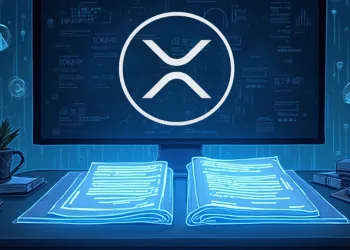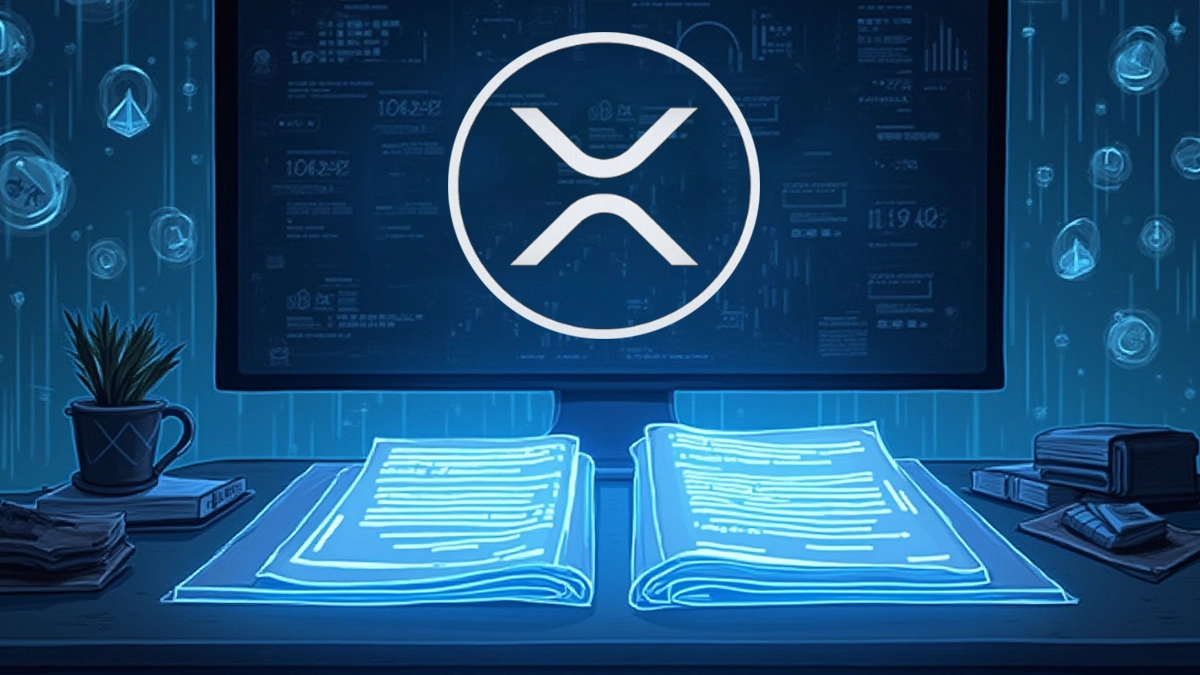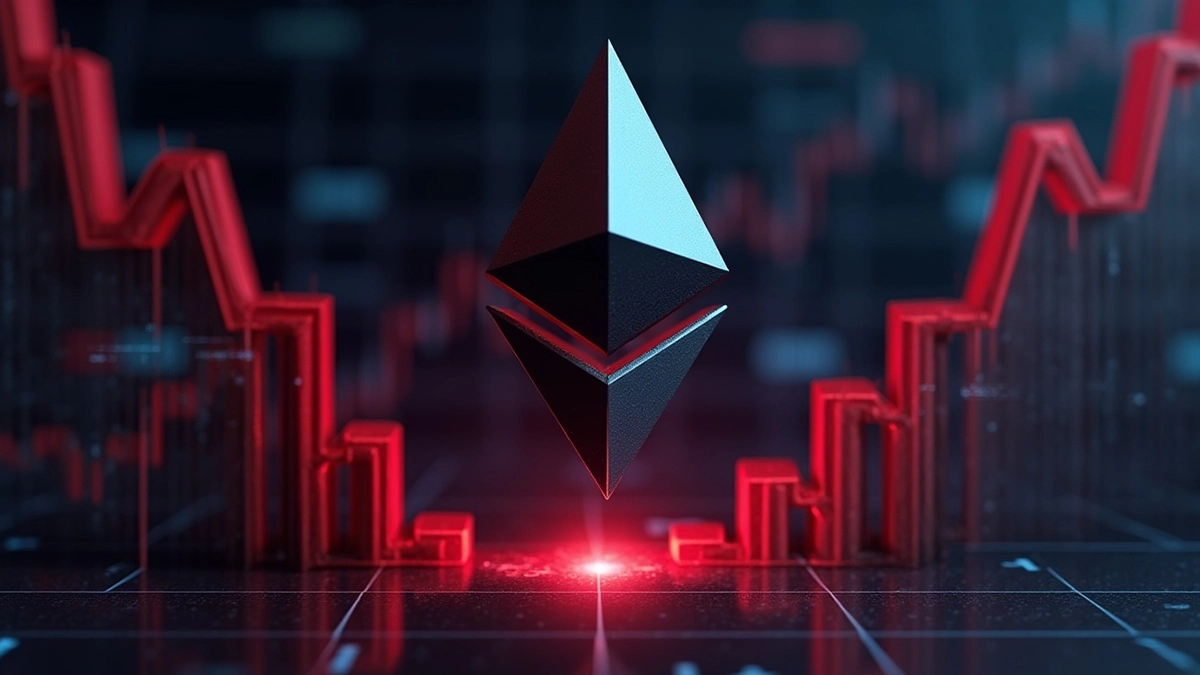- Pi Network prioritizes regulatory trust over quick listings on major centralized exchanges.
- Pi aligns with global standards, emphasizing compliance, identity, and financial inclusion.
- Strict KYB rules delay listings, but OKX meets conditions as Pi expands wallet activation.
Pi Network has become one of the most talked-about blockchain projects. Yet, despite its massive community and multi-billion-dollar market cap, it remains absent from major centralized exchanges (CEXs) like Binance and Coinbase. This delay has sparked curiosity across the crypto world. However, Pi’s approach is far from careless.
Instead of chasing fast listings, the project is prioritizing long-term trust, regulatory alignment, and a global standard for responsible digital finance. By taking a deliberate path, Pi is positioning itself as a future-proof platform that aligns with global institutions, not just market trends.
Have you wondered why it's taking time $Pi to be listed on CEX?
— The Times of PiNetwork (@PiNetwork24X7) May 4, 2025
Because Pi Network is one of the few projects that meets the 5 key pillars of the global digital currency initiative run by ITU (UN’s digital tech agency) and Stanford FDCI:
▪︎ Financial inclusion
▪︎ Network… pic.twitter.com/KRgoPkzuVZ
Built on Strong Global Principles
Unlike many crypto projects that rush to get listed, Pi Network follows a framework inspired by international initiatives. The project aligns itself with the Digital Currency Global Initiative, a collaboration between the UN’s ITU and Stanford University.
This partnership promotes responsible digital currency development through five core principles: financial inclusion, identity verification, interoperability, DeFi readiness, and programmable money.
Very few blockchain projects address all five pillars. Pi, however, meets them head-on. This strategic alignment signals that Pi is not just another token it’s building infrastructure with real-world utility and compliance in mind. Consequently, this sets a higher standard that centralized exchanges must meet before listing Pi.
KYB and Wallet Activation: Raising the Bar
Very recently Pi Network opened the wallet activation process to more just by completing a partial KYC process. But, for CEX it has set a higher bar to complete the Know Your Business (KYB) requirement. While most projects only require users to complete KYC, Pi expects exchanges to verify their business identity as well.
This extra layer ensures that only compliant and transparent platforms handle Pi. So far, OKX, Bitget, MEXC, Pionex, and Banxa have managed to meet these conditions, marking a key milestone in Pi’s listing journey.
Pi Network is the ONLY cryptocurrency that has made KYB (Know Your Business) a MANDATORY requirement for centralized exchanges (CEXs). So far, OKX, Bitget, MEXC, Pionex, and Banxa have complied — with more expected to follow suit.
— Dr Altcoin (@Dr_Picoin) May 3, 2025
But why would CEXs go through the long, strict,… pic.twitter.com/mPGrlVgcid
Moreover, the Pi Core Team recently launched a feature allowing wallet activation for users who haven’t completed the full Mainnet migration. As long as partial KYC is completed, users can access wallet functions and start interacting with the Pi ecosystem. This decision significantly increases network participation and prepares the ecosystem for broader utility.
Although the delay in listing has made the Pi token to lose its value, it still adheres to the process. As of press time, Pi is priced at $0.5931 with a daily volume exceeding $42 million. Despite a 4.62% dip over the past week, the token’s market cap stands strong at over $4.1 billion.














